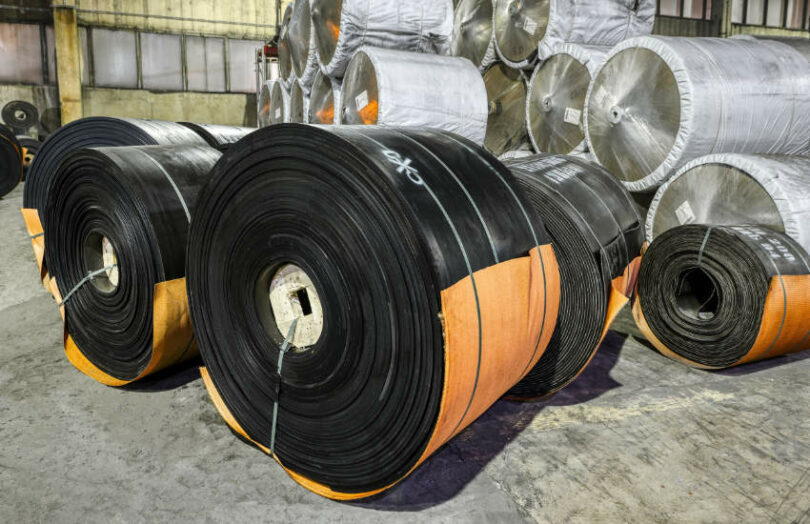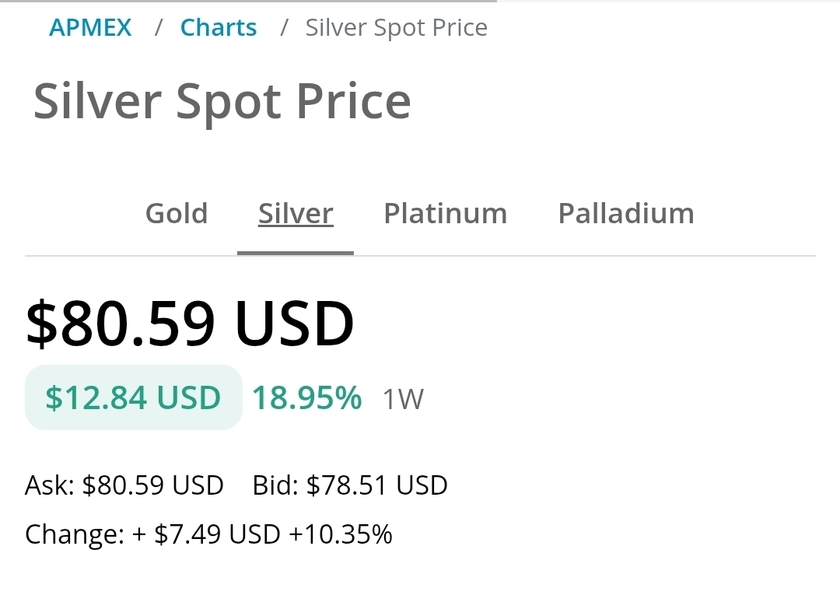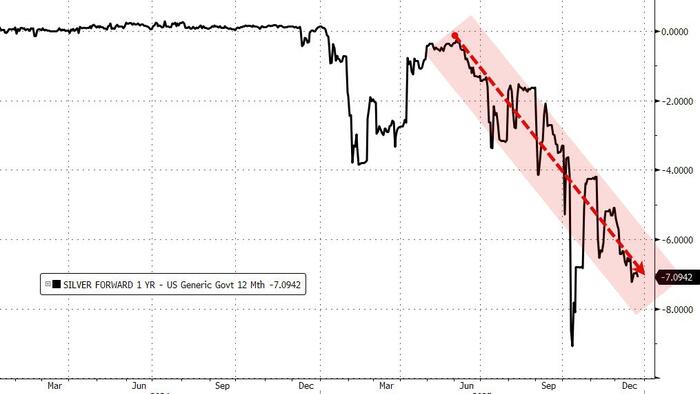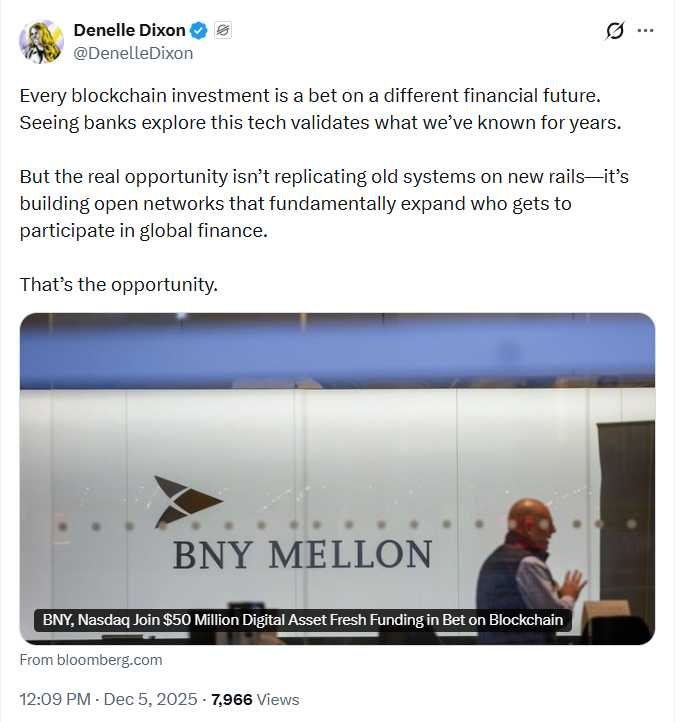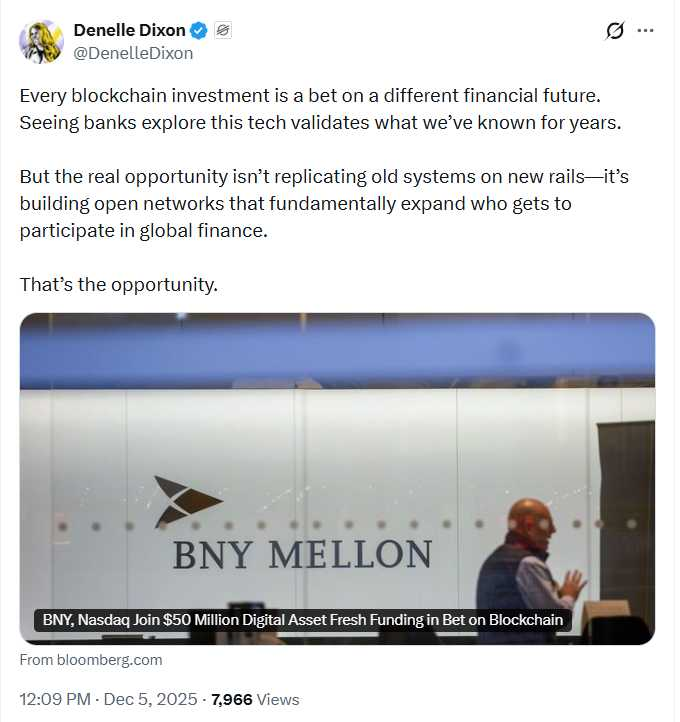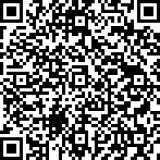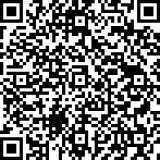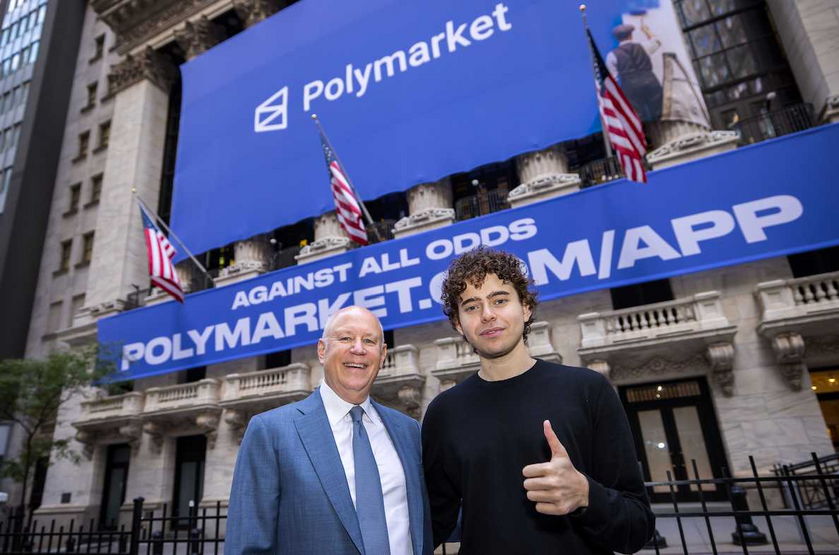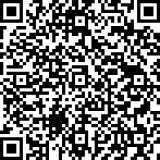Today the Japan Securities Clearing Corporation (JSCC) announced it is using blockchain to settle rubber futures. Blockchain is being used for digitizing the paperwork involved in the physical delivery of the rubber when futures mature. Now the JSCC is eyeing the potential for larger commodities such as gold and platinum.
The JSCC is the main central counterparty in Japan responsible for clearing Tokyo Stock Exchange transactions, listed commodity derivatives and several kinds of over the counter (OTC) transactions, including credit default swaps and Japanese government bonds.
In Japan, Rubber futures are settled using a ‘delivery order’ which is similar to a shipping certificate in the United States. The seller gets a document with a seal attached by the warehouse operator confirming the storage of the goods. And the document is sent to the buyer for settlement.
Instead of paperwork, a blockchain token is now created, verified by the warehouse and transferred to the buyer online. The new methodology applies to January delivery contracts – so those that settle and deliver tomorrow.
Delivery orders are not considered a security in Japan in contrast to warehouse receipts which can be used as collateral. Hence it’s expected that Japan’s Ministry of Justice will explore the legal potential of tokenization of warehouse receipts for this purpose.
The JSCC is a subsidiary of the Japan Exchange Group (JPX) which also owns the Tokyo Stock Exchange. Regarding metal commodities, last year JPX invested in Digital Asset Markets (DAMS), which tokenized a gold-backed token issued by Mitsui & Co.
Last year as part of its medium term strategy JPX said it would launch a tokenized securities market by April 2025. In the meantime, it is also exploring blockchain for green bonds and has joined the Progmat consortium to support the MUFG-initiated blockchain platform for tokenized securities, stablecoins and utility tokens.

